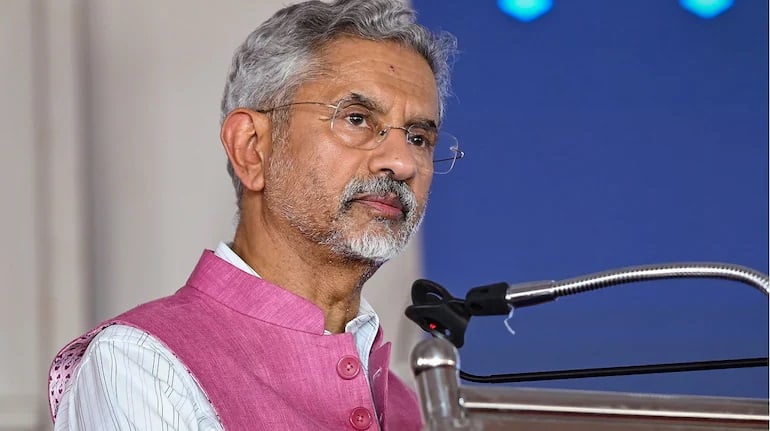Indian External Affairs Minister S. Jaishankar recently highlighted the shortcomings of the United Nations (UN) in addressing critical global issues. He asserted that while the UN exists, it has struggled to effectively resolve significant problems faced by nations, leading them to explore alternative pathways for conflict resolution, particularly in the context of ongoing tensions in the Middle East.
The Role of the United Nations in Global Affairs
The United Nations was established in 1945 with the primary goal of promoting peace and cooperation among nations. It serves as a platform for dialogue and conflict resolution, yet over the decades, it has encountered numerous challenges that question its effectiveness. Key issues range from regional conflicts to human rights violations, which often require timely and decisive action.
Challenges Faced by the UN
- Bureaucratic Inefficiencies: The UN’s decision-making processes can be slow and hindered by bureaucratic red tape.
- Veto Power: The power of veto held by the five permanent members of the Security Council can prevent meaningful interventions in crisis situations.
- Funding Constraints: Insufficient funding affects the UN’s ability to respond to crises effectively, often limiting its operations on the ground.
The Middle East: A Case Study
The Middle East has been a focal point of conflict for decades, with various nations facing political instability, military confrontations, and humanitarian crises. The inability of the UN to effectively mediate or resolve these conflicts has compelled countries in the region to seek alternative solutions.
Recent Developments
Conflicts like the Syrian civil war and the Israel-Palestine situation exemplify the urgency of action. With the UN facing criticism for its passive approach, regional powers and global stakeholders have taken steps towards establishing bilateral agreements and coalitions to address their interests and resolve disputes.
Alternative Pathways for Conflict Resolution
| Method | Description | Examples |
|---|---|---|
| Trade Agreements | Economic ties can help in stabilizing relations and promoting peace. | Abraham Accords |
| Regional Coalitions | Groups of neighboring countries collaborating on security and political issues. | Gulf Cooperation Council (GCC) |
| Direct Diplomacy | One-on-one negotiations between conflicting parties to reach agreements. | US-Brokered Peace Talks |
Conclusion
In conclusion, while the United Nations plays a vital role in promoting global peace, its effectiveness has been challenged by various systemic issues, as highlighted by S. Jaishankar. The emerging geopolitical landscape, particularly in conflict-prone regions like the Middle East, underscores the need for nations to explore alternative avenues for conflict resolution. As countries continue to seek solutions beyond the UN framework, it raises important questions about the future of international diplomacy and cooperation.
